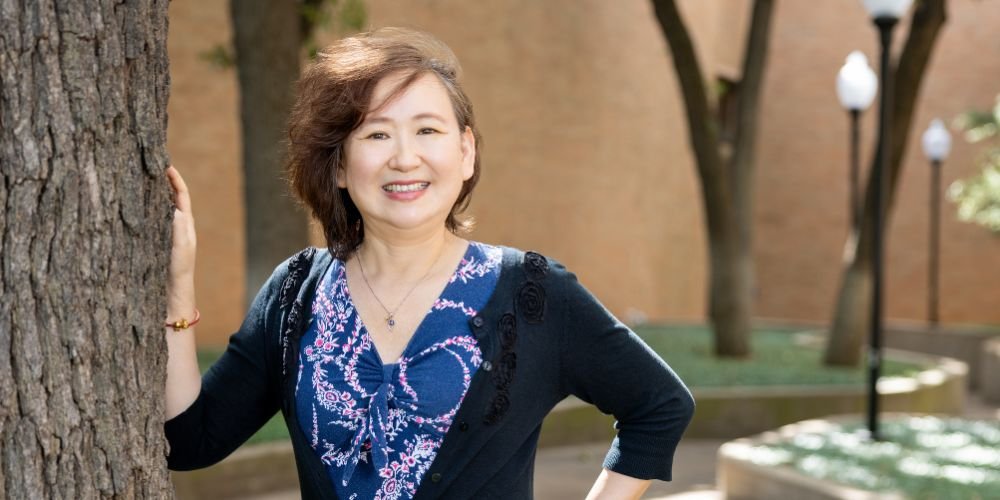Overview
Artificial Intelligence (AI) is proving to be a powerful ally in the field of biomedical research, particularly in understanding the origins of diseases. Researchers at The University of Texas at Arlington are developing advanced algorithms that allow AI to analyze extensive biological datasets, shedding light on disease initiation, immune responses, and potential treatment options.
Key Developments
- Funding and Leadership: Dr. Xinlei (Sherry) Wang, a professor in statistics and data science, has secured a four-year, $1.28 million federal grant for her project titled “Statistical and Deep Generative Modeling for Enhanced CyTOF Data Interpretation and Discovery.”
- Innovative Technology: The research focuses on CyTOF, a state-of-the-art laboratory technique that simultaneously analyzes thousands of individual cells and measures multiple proteins within them.
- Data Accessibility: Dr. Wang’s team is working to make complex data more accessible to other scientists by developing user-friendly bioinformatics and statistical tools.
Research Methodology
The team employs a Bayesian framework to create a unified statistical model that yields clear and interpretable results. This model enhances the understanding of how CyTOF data is generated, revealing intricate patterns that might otherwise go unnoticed. The integration of AI allows for rapid analysis, providing reliable results in seconds, even when dealing with millions of cells.
Impact on Disease Research
- The algorithms developed combine data from single-cell transcriptomics and CyTOF, offering a comprehensive view of cellular health and disease.
- Each cell analyzed can provide critical insights into health conditions, potentially leading to improved treatments for diseases like cancer.
Recognition and Future Directions
Dr. Wang’s research has already garnered attention, with recent accolades awarded to her team for their preliminary findings. Additionally, a study published in Nature Communications introduced a new tool aimed at enhancing gene research accuracy.
Dr. Wang emphasizes the importance of creating open-source software that allows users to run analyses on their own devices, addressing the limitations of existing algorithms in handling large datasets efficiently.
Conclusion
The ongoing work at The University of Texas at Arlington represents a significant step forward in the intersection of AI and biomedical research, paving the way for more effective disease tracking and treatment strategies.
